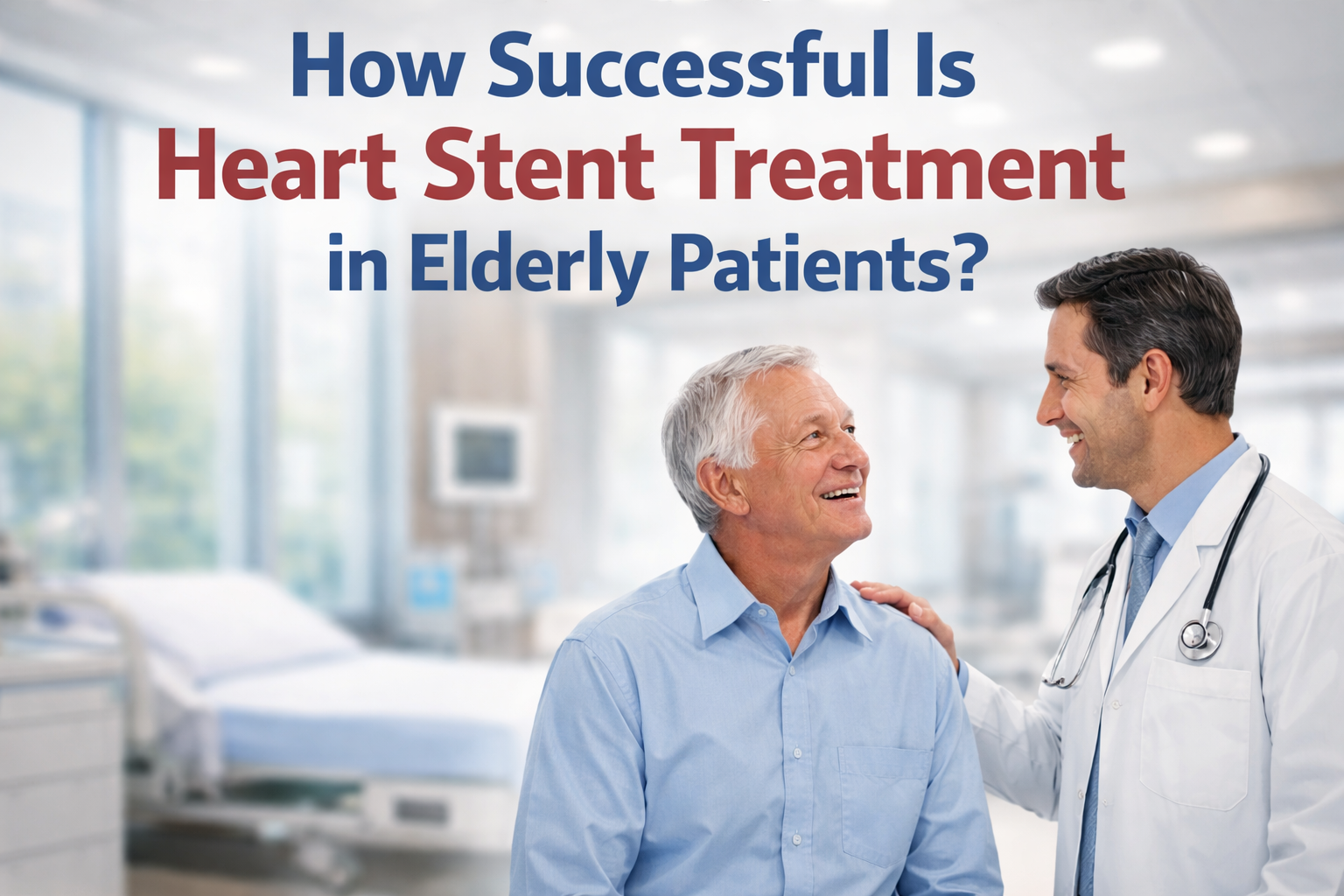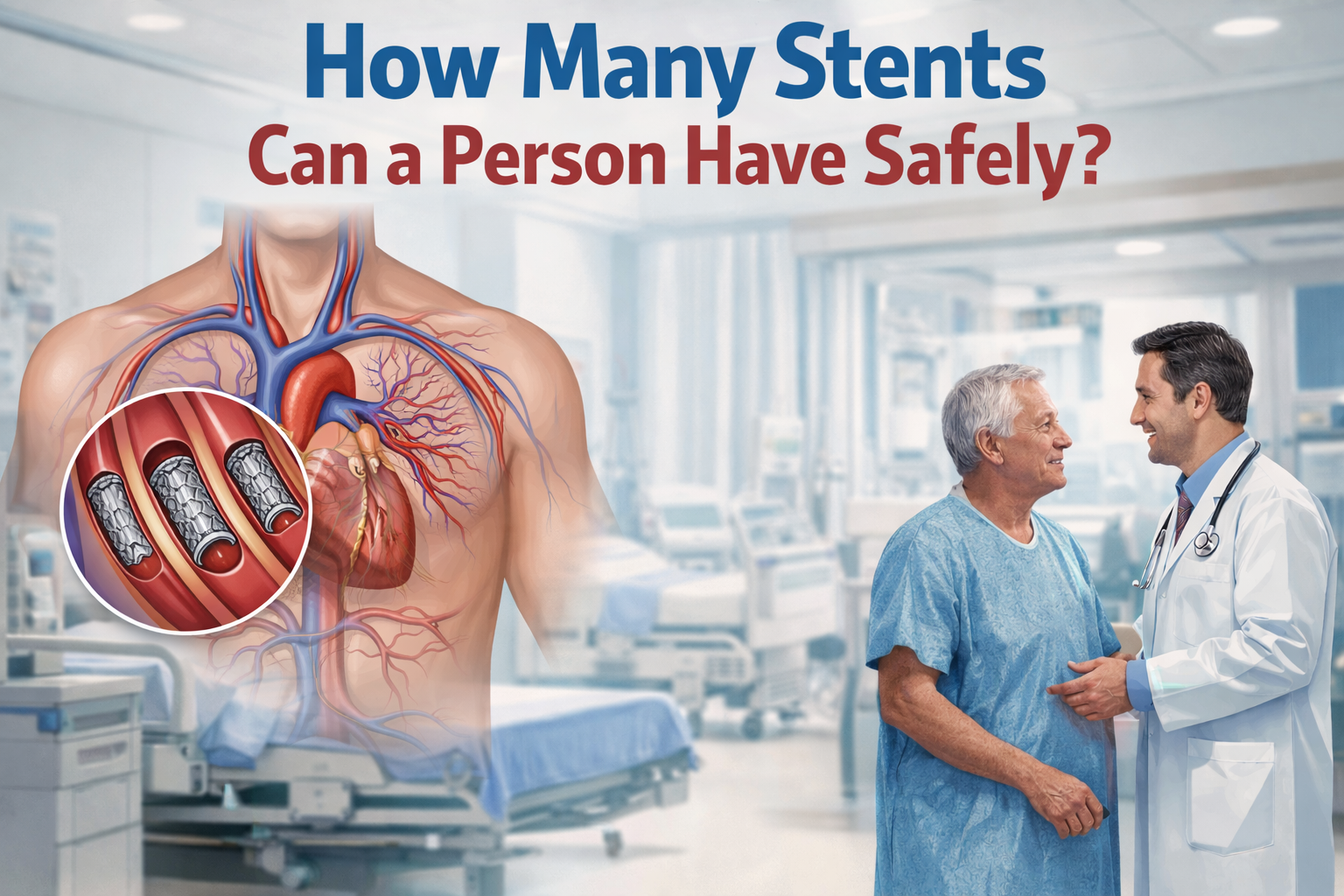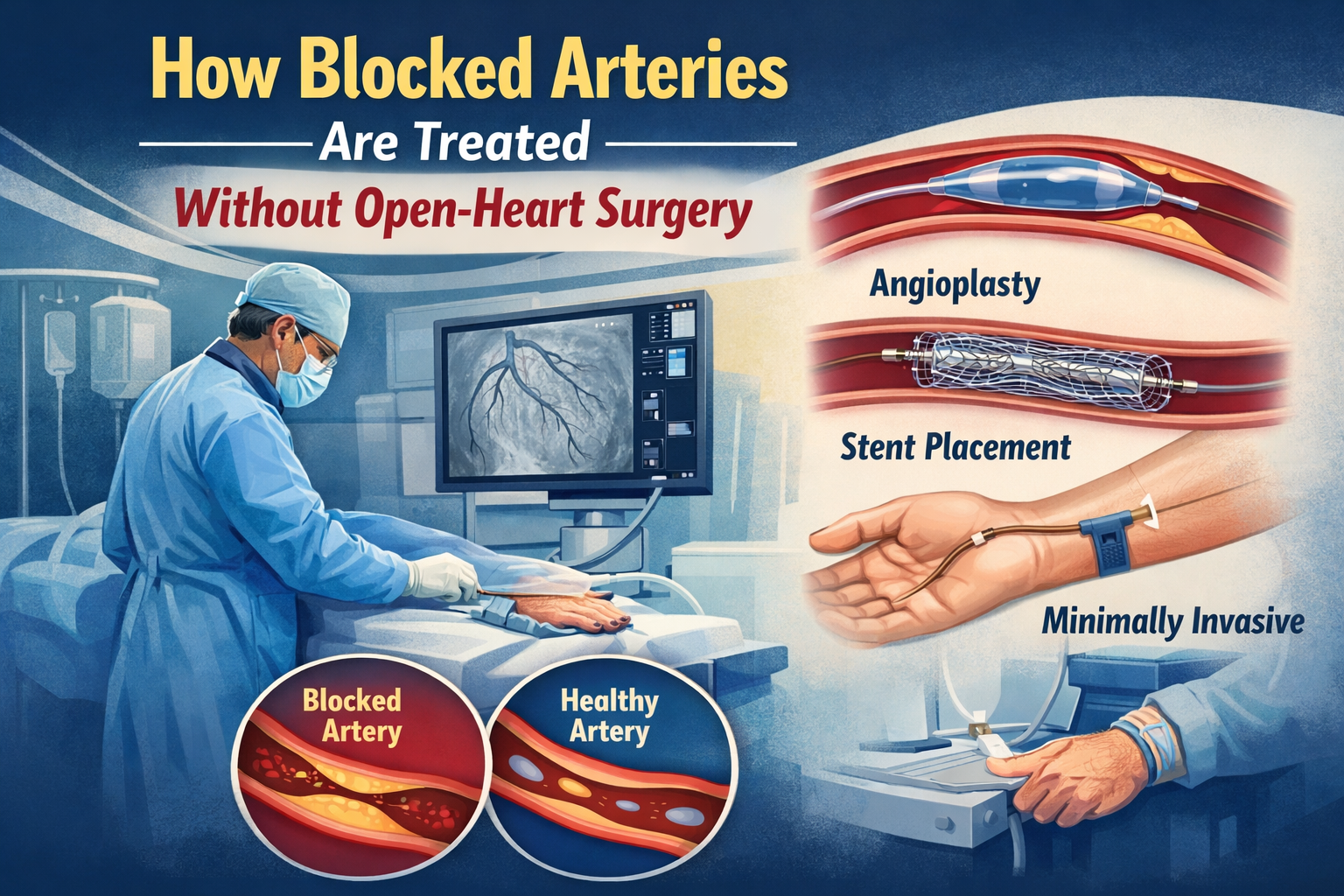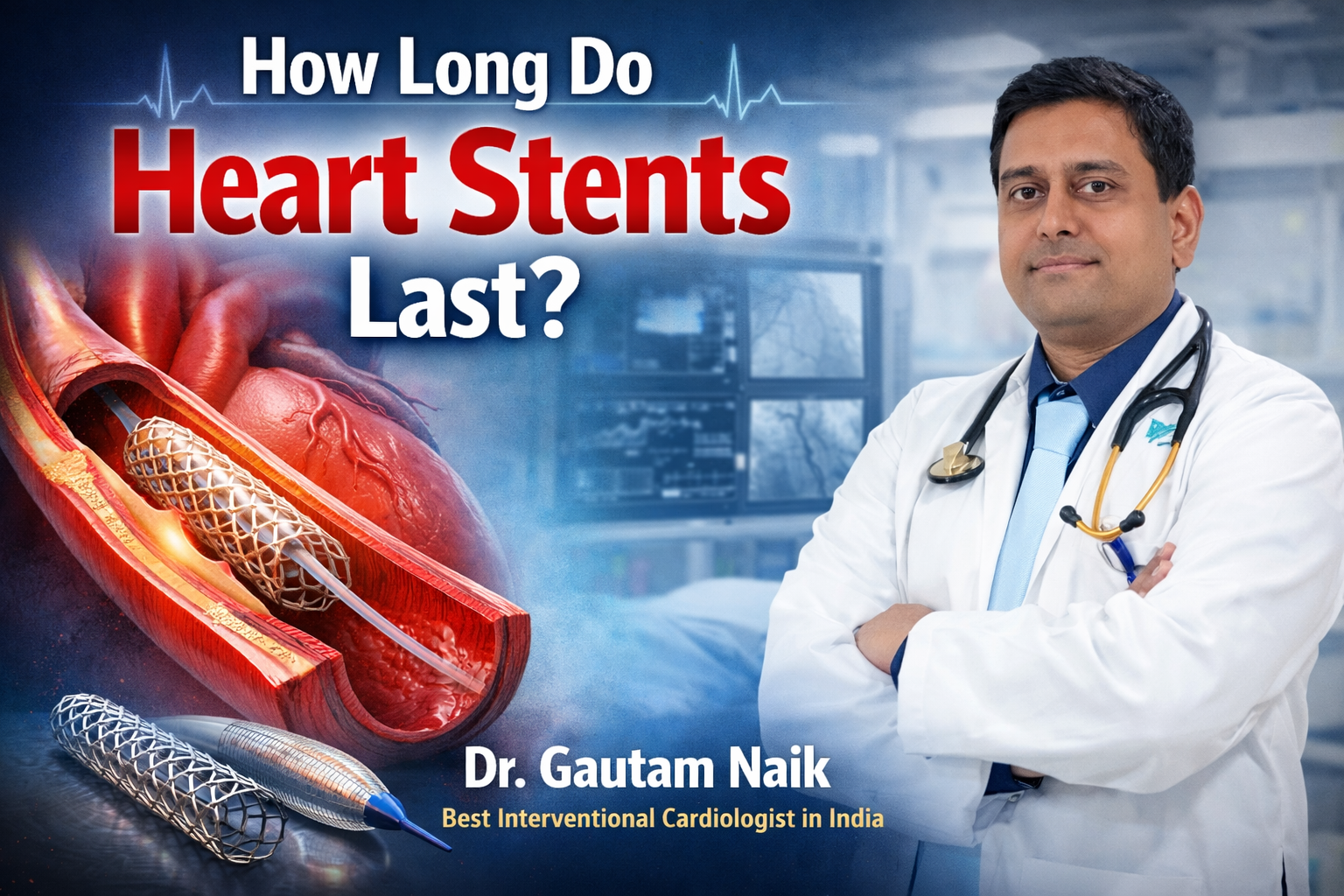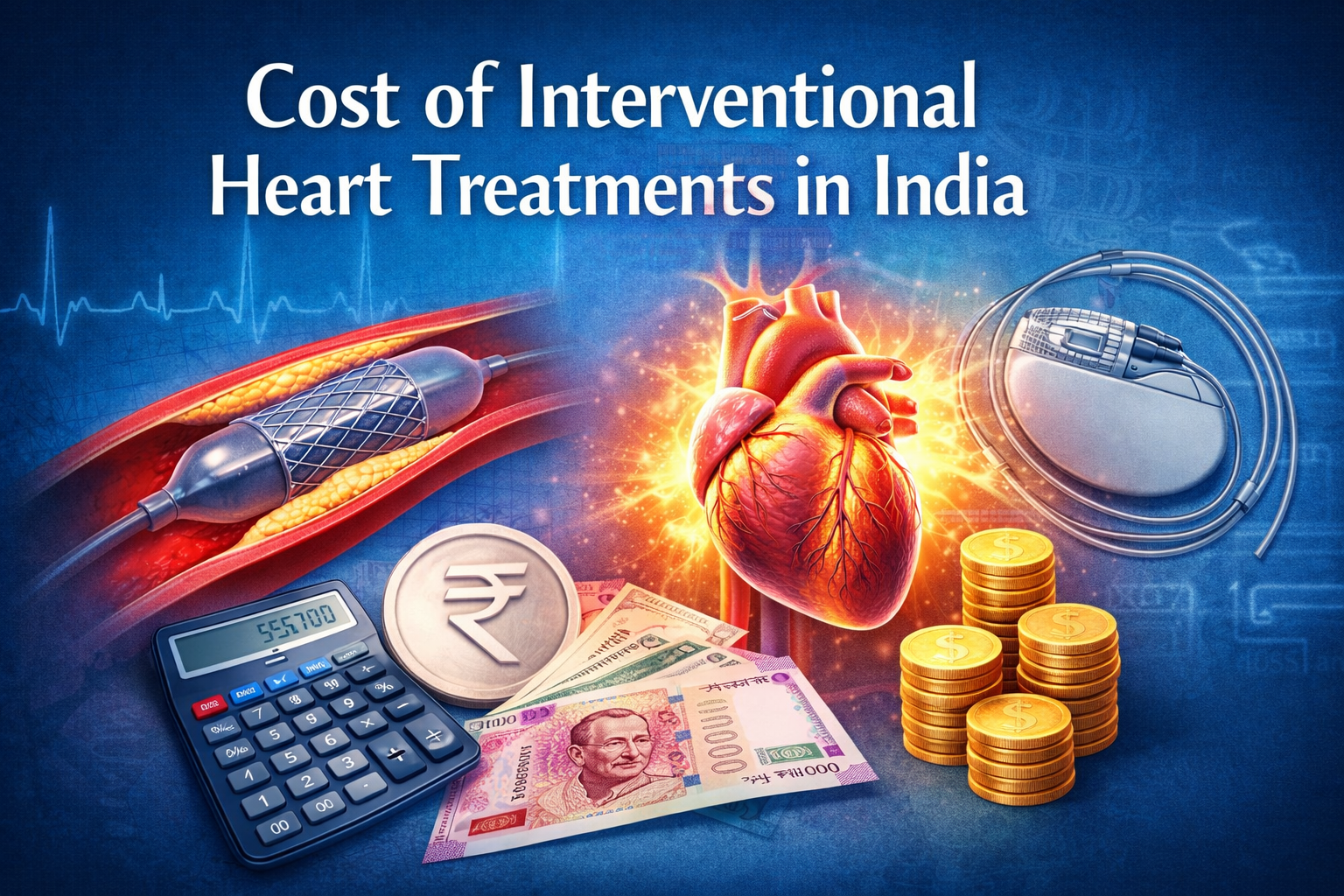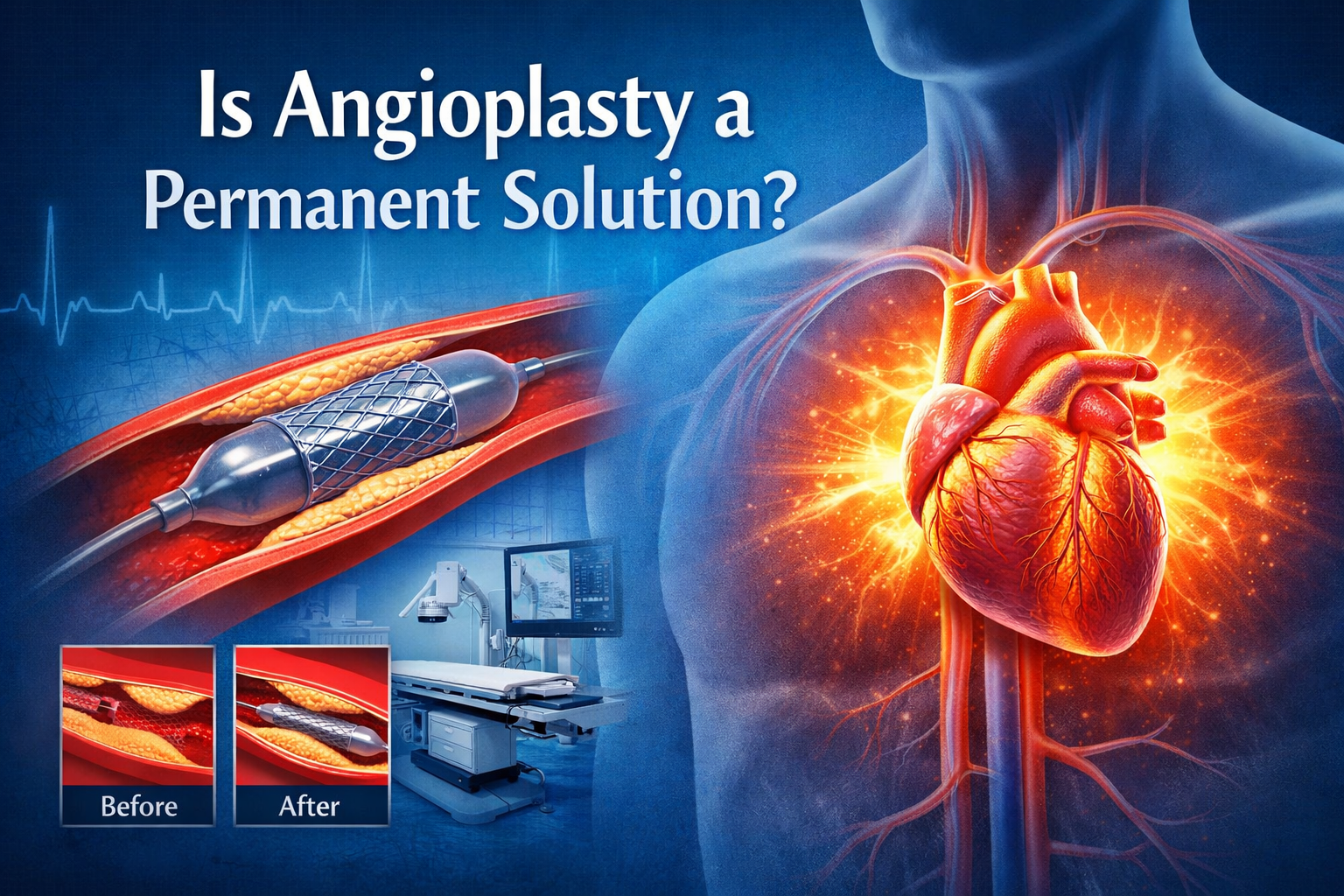
When it comes to heart problems, two terms are often used interchangeably but actually mean very different things — heart attack and cardiac arrest. While both are serious and life-threatening, they are not the same condition. Knowing the difference can save lives, help in early recognition, and ensure timely medical intervention. At Apollo Hospital, Delhi, patients receive world-class cardiac care under the guidance of leading experts like Dr. Gautam Naik, recognized as one of the best cardiologists in Delhi.
A heart attack (myocardial infarction) occurs when blood flow to a part of the heart is blocked, usually due to a blood clot or plaque buildup in the coronary arteries. Without oxygenated blood, the heart muscle begins to die, causing chest pain and other symptoms.
Key Symptoms of a Heart Attack:
Causes:
Treatment at Apollo Hospital:
At Apollo Hospital, Delhi, heart attack patients receive immediate evaluation and treatment, including:
A cardiac arrest happens when the heart suddenly stops beating due to an electrical malfunction. Unlike a heart attack, where blood flow is blocked, cardiac arrest is an electrical problem leading to complete loss of circulation. Without prompt treatment, cardiac arrest can lead to death within minutes.
Key Symptoms of Cardiac Arrest:
Causes:
Treatment at Apollo Hospital:
| Aspect | Heart Attack | Cardiac Arrest |
|---|---|---|
| Cause | Blocked blood flow to heart muscle | Electrical malfunction in the heart |
| Symptoms | Chest pain, breathlessness, nausea | Sudden collapse, no pulse, unconsciousness |
| Onset | Gradual or sudden | Immediate and unexpected |
| Treatment | Medications, angioplasty, surgery | CPR, defibrillation, advanced life support |
Both conditions are emergencies but require different treatments. A heart attack may lead to cardiac arrest if not treated promptly, highlighting the importance of specialized cardiac care.
At Apollo Hospital, Delhi, patients have access to advanced cath labs, experienced ICU teams, and globally trained cardiologists. Among them, Dr. Gautam Naik is regarded as one of the best cardiologists in Apollo Hospital, Delhi. With expertise in interventional cardiology, structural heart interventions, and complex cardiac care, he has successfully managed numerous patients with both heart attacks and cardiac arrest conditions. His patient-centric approach, combined with Apollo’s cutting-edge facilities, ensures the highest standard of care.
Understanding the difference between a heart attack and cardiac arrest is vital for early recognition and timely treatment. While a heart attack is caused by blocked blood flow, cardiac arrest is due to sudden electrical failure. Both require urgent medical attention. For patients in Delhi, Apollo Hospital offers advanced treatment backed by the expertise of Dr. Gautam Naik, making it one of the most trusted destinations for heart care.
